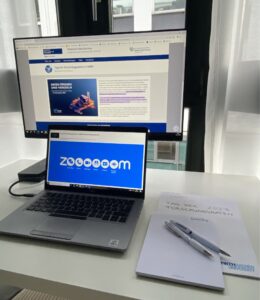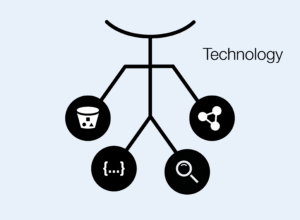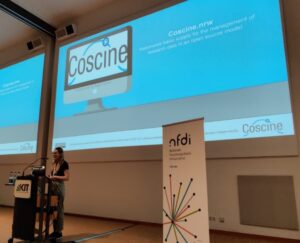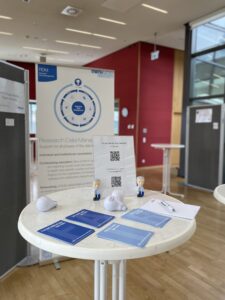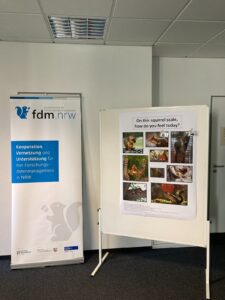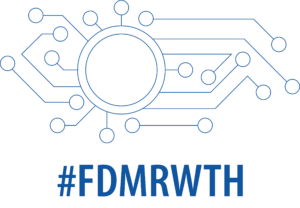Schlagwort: ‘coscine’
RDM Highlights 2023

Source: Pixabay
Looking forward to the new year, we look back on an exciting 2023. What topics have fascinated and inspired the RDM community? The year was characterized by numerous interesting developments, and the importance of FDM continues to grow.
The year 2023 marks another milestone on the road to more effective and sustainable data management. We look forward to the coming year with excitement and hope for an equally exciting, informative and groundbreaking time in research data management.
In this blog post, you can find out which changes and events have raised awareness of RDM and generated excitement.
May we introduce? APIv2!
At the beginning of October this year, the existing API (Application Programming Interface) in Coscine got an upgrade. APIs enable smooth communication and data exchange between different applications. Coscine offers users the opportunity to use the platform for research data management not only via the user interface, but also via the API. In this article, we take a closer look at the Coscine API and the upgrade to APIv2.
Coscine on Research Data Day 2023

Source: Freepik
The third Research Data Day in North Rhine-Westphalia is just around the corner and promises many exciting discussions and insights into current developments within the research data management universe. What must not be missed is Coscine – the ever-growing platform for RDM. In keeping with the day’s theme, “Mining and Refining Data: Bring your data treasure to light” we FAIR refine your data treasure with Coscine.
Coscine.nrw – A Milestone for Collaboration in Academia
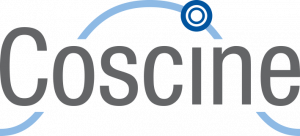
Source: Coscine
Progressive development in the research sector requires not only change, but also efficient cooperation between universities. In this striving for innovation and transparency, the pioneering project Coscine.nrw has taken on a crucial role for the 42 educational institutions in the DH.nrw network. In this blog post, you can find out what this project is all about and how the collaboration is supposed to work.
Follow-up Report on the First CoRDI – Conference on Research Data Infrastructure
For the first time, the “Conference on Research Data Infrastructure” took place in Karlsruhe from 12 to 14 September 2023. The conference was organised by the National Research Data Infrastructure (NFDI) Association in cooperation with the Karlsruhe Institute of Technology (KIT) and brought together national and international experts from various research fields and research data management infrastructures under the motto “Connecting Communities”. With numerous scientific talks, discussions, guest lectures, poster presentations and networking opportunities, the event focused on the comprehensive use of research data. Find out how Coscine integrated into the conference in this blog post.
Our Review of RWTH Young Academics Day 2023
The academic world can be an exciting, but also challenging environment. The pressure to produce research results and compete in a highly competitive environment can often be overwhelming for young academics. To address these challenges and support young researchers, Young Academics Day was held at RWTH Aachen University’s SuperC on September 5, 2023. The event was dedicated to mental health in academic careers and offered a wealth of valuable information. In this article, we have summarized the contents of the event for you.
Young Academics Day 2023
Attention doctoral candidates and postdocs: The Center for Young Academics (CYA), together with the Vice-Rector for Human Resources Management and Development and Young Academics, Professor Sabine Brück-Dürkop, invites you to the annual Young Academics Day on August 31, 2023. This time, the event will take place on site in Aachen. The RDM team will also be there and will present the RDM tools and services. Read the article to find out more about the event.


